Who Supplies the High-performance Omni Antenna Design Service?
The High-performance Omni Antenna Design service is supplied by C&T RF Antennas Inc, the Indoor Omni Antenna Design and Outdoor Omni Antenna Design manufactory in China. Contact us for more Omni Antenna Design details you need.
We provide the Rubber duck Omni Antenna Design, Fiberglass Omni Antenna Design, Whip Omni Antenna Design, Through-hole Omni Antenna Design, Spring Omni Antenna Design, PCB Omni Antenna Design, Flexible PCB Omni Antenna Design, etc.
High-performance Omni antennas are designed to send and receive signals in all horizontal directions from the antenna, while a directional antenna is designed to focus the signal in a single direction.
Below are the Omni antenna design antenna types.
You can do the High-performance Omni antenna design with many different frequency bands such as 169 MHz, 315 MHz, 400 MHz, 433 MHz, 470 MHz, 510 MHz, 700 MHz, 800 MHz, 868 MHz, 900 MHz, 915 MHz, 928 MHz, 1800 MHz, 1900 MHz, 2100 MHz, 2300 MHz, 2400 MHz, 2500 MHz, 2600 MHz, 2700 MHz, 3400 MHz, 3500 MHz, 3600 MHz, 4200 MHz, 5100MHz, 5700 MHz, 6000 MHz, etc.
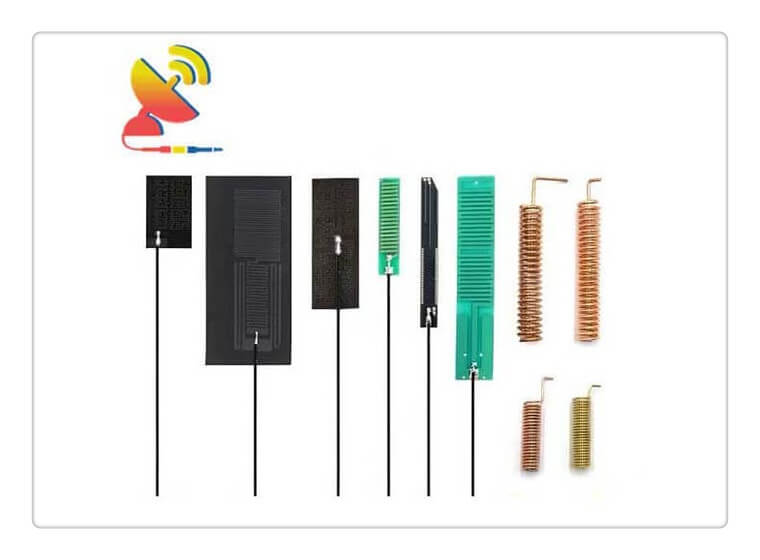
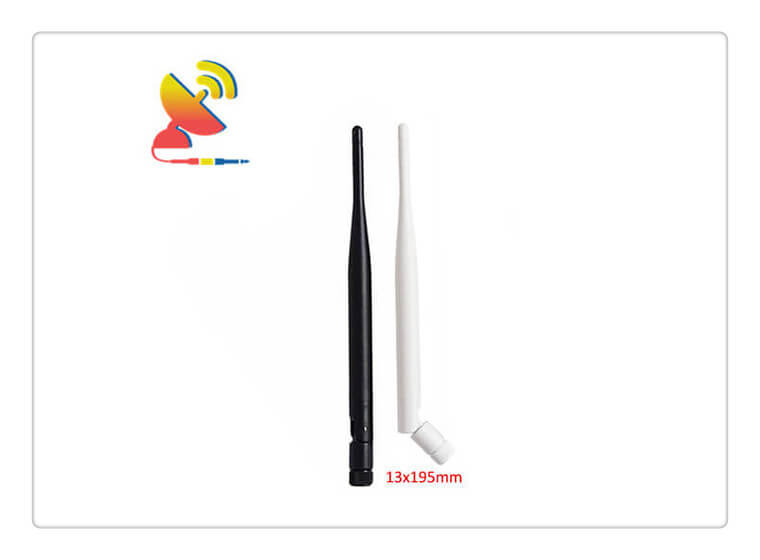
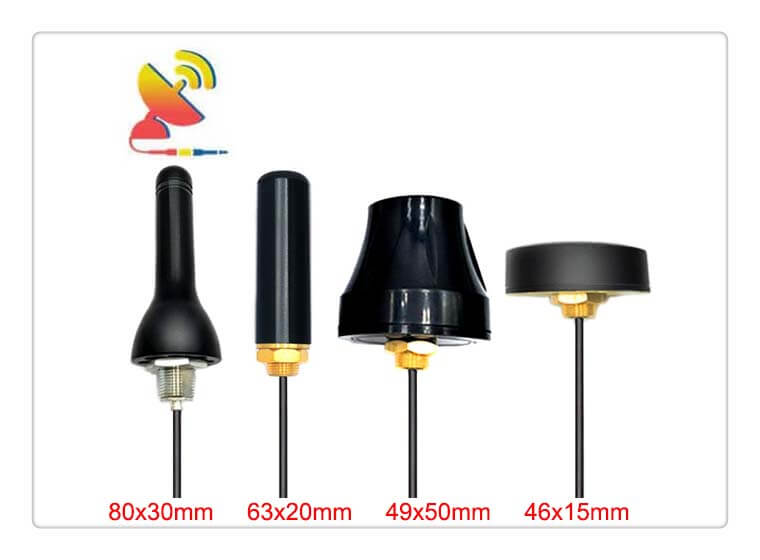
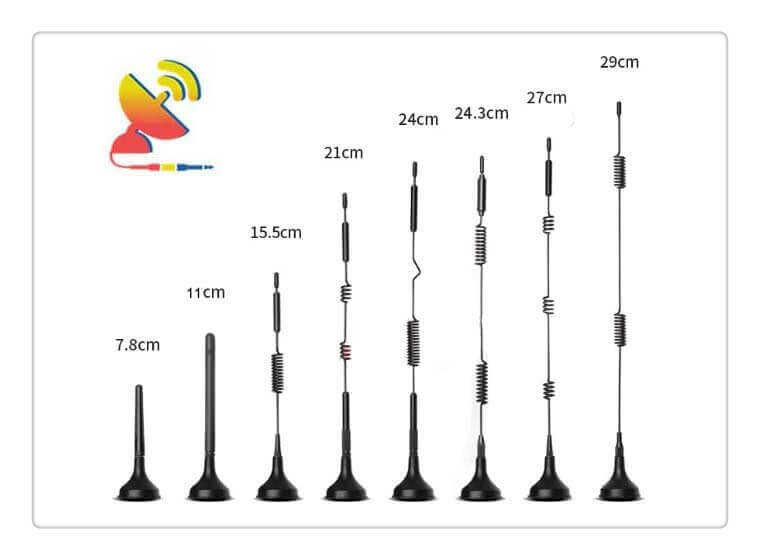
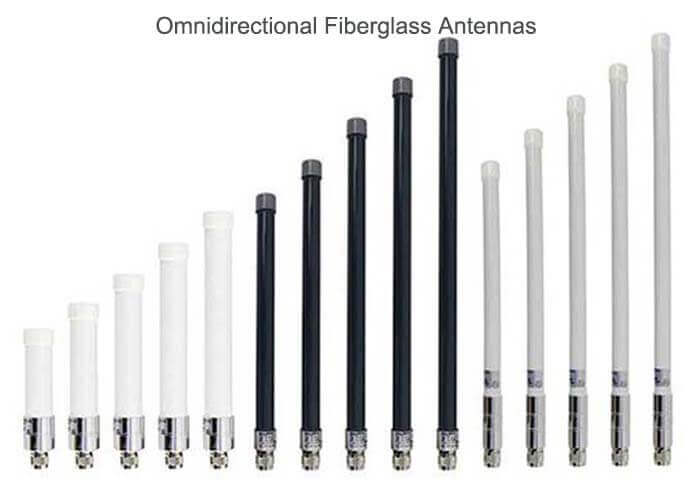

What is an Omni antenna?
Omni antenna, i.e. in the horizontal direction diagram shows 360° uniform radiation, which is usually called non-directional, in the vertical direction diagram, shows a certain width of the beam, in general, the smaller the width of the flap, the greater the gain.
Omni-directional antenna in the mobile communication system is generally used in the suburbs and counties of the station type of the system, covering a large area.
Omni-directional antenna, in general, the smaller the width of the flap, the greater the gain. Omni-directional antenna in the communication system is generally used at close distances, with a large coverage range, and is cheap. Commonly used omnidirectional antenna gain is generally below 9dBi. The radiation range of an omnidirectional antenna is more like an apple.
High-performance Omni Antenna Selection method
If you need to meet multiple sites, and these sites are distributed in different directions of the AP, you need to use an omnidirectional antenna; if it is concentrated in one direction, it is recommended to use a directional antenna; in addition, consider whether the connector form of the antenna matches with the AP, the grain size of the antenna, etc. is in line with your needs.
High-performance Omni Antenna installation
For outdoor antennas, lightning protection equipment needs to be added between the antenna and the wireless AP; directional antennas should pay attention to the direction of the front of the antenna towards the remote site; the antenna should be installed at the highest possible position, and the sight distance between the antenna and the site should be met as far as possible (visible to the naked eye, avoiding obstacles in the middle).
High-performance Common Omni antennas
High-performance Array omnidirectional antennas
It is difficult to form omnidirectional radiation with a normal unit antenna, we can consider forming it into an array, thus we can make the array antenna form an omnidirectional directional map.
Also, the gain of individual antennas is generally limited, by forming an array, the gain can be increased, thus satisfying the requirement of omnidirectional high gain that we want to design.
High-performance Microstrip Omni-directional Antenna
Microstrip antennas have become a key technology in the field of antennas due to their many advantages such as simple structure, low processing cost, and lightweight, therefore, the various performance of microstrip antennas are being studied and omnidirectionality has become a trend in the development of microstrip antennas, for example, cross-feeding using microstrip transmission lines can achieve omnidirectional radiation performance of microstrip antennas.
A multipoint excited linear array antenna, which consists of multiple λ /2 microstrip segments cascaded together, with the floor and guide strip of the microstrip line segments placed alternately on both sides of the dielectric substrate, and the floor width of the microstrip is varied, using cross-connections to achieve inverted phase.
In addition to the transmission mode in this structure, there is also a radiation mode formed by the discontinuity of the cross-connections. The wave is transmitted along the inner surface of the guide strip and the floor and the magnitude of the radiation is controlled by the width of the floor, which is limited to approximately λ /4 in order to obtain good omnidirectional performance.
To achieve good radiation efficiency, the antenna can also be impedance matched by adding a rectangular patch to each section of the guide strip to improve the matching by increasing the reactance component.

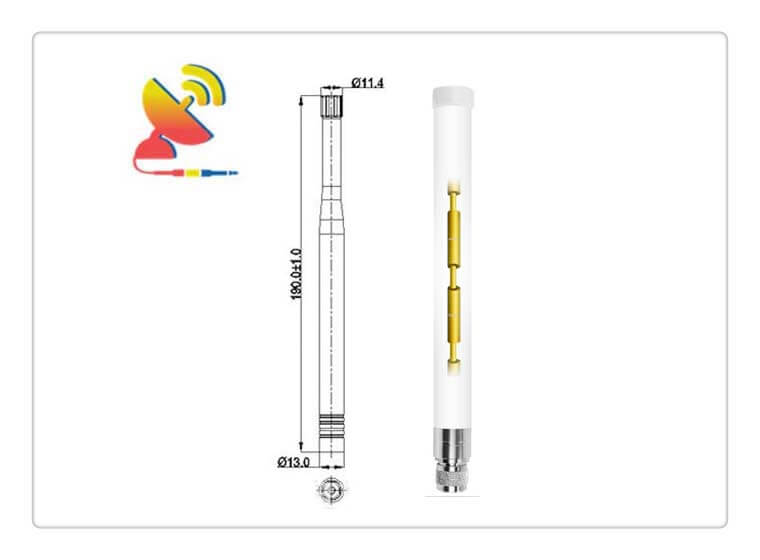
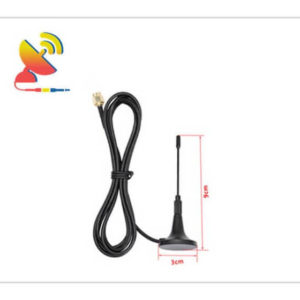
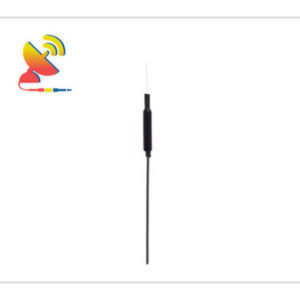
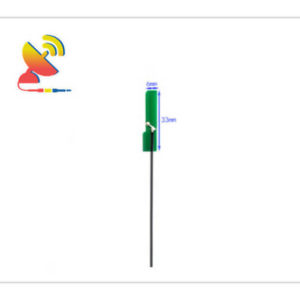
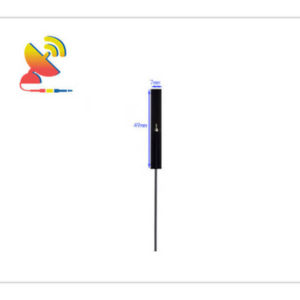
Reviews
There are no reviews yet.